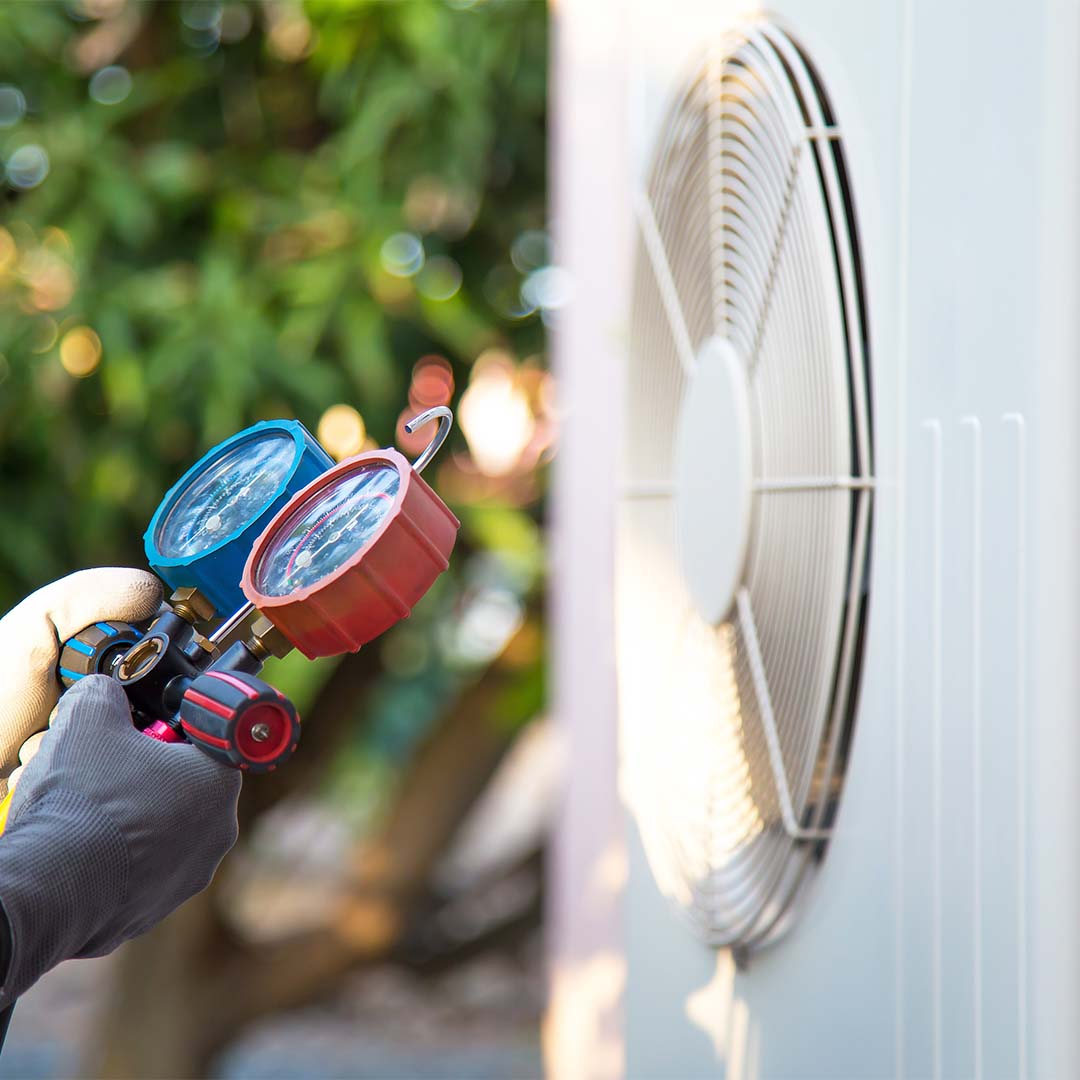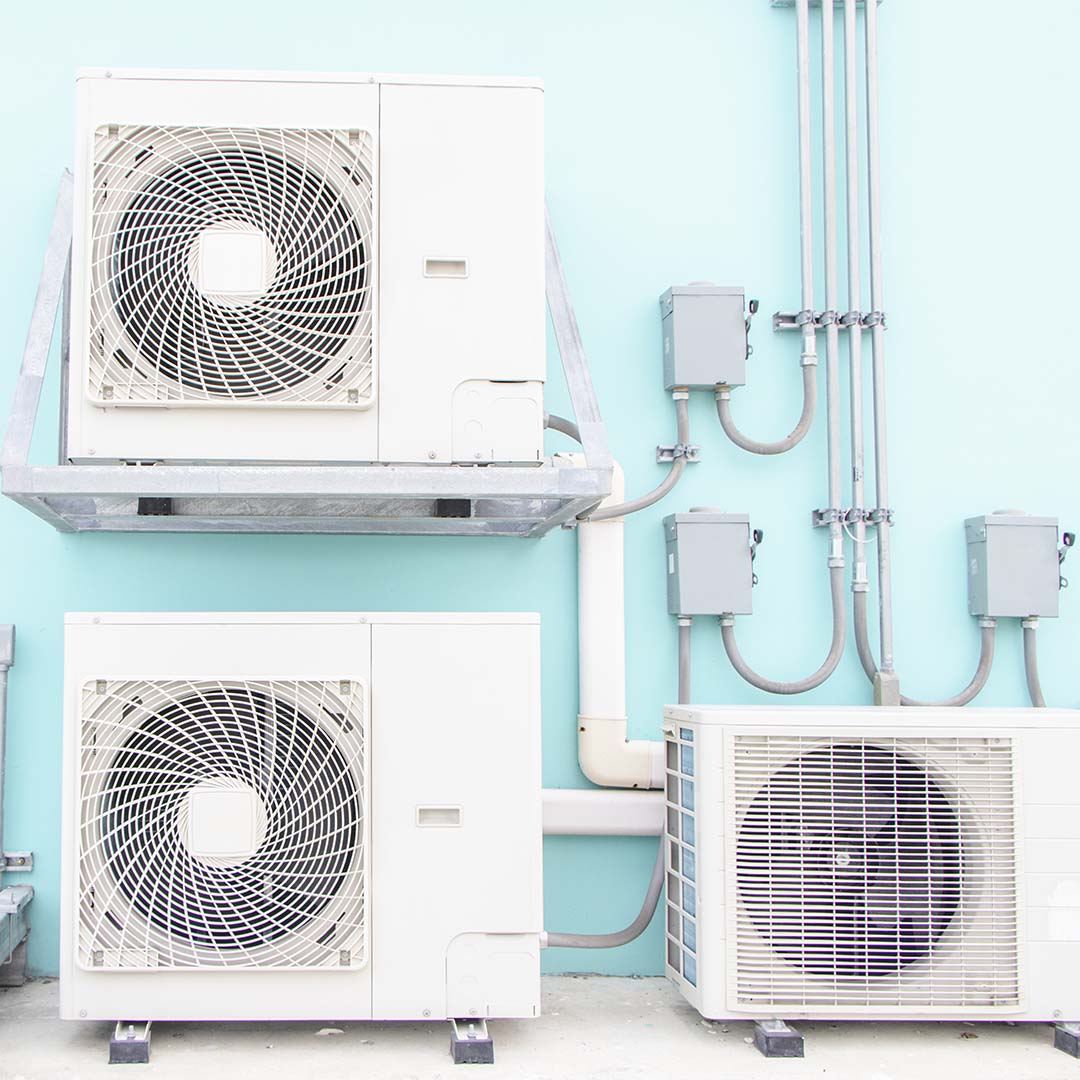Let’s start at the beginning. In 2003, the US Environmental Protection Agency (EPA) mandated the phase out of R-22, commonly known as Freon, as the result of growing environmental concerns. In accordance with The Clean Air Act, the phase out of R-22, a refrigerant used in residential and commercial HVAC systems, was enacted to protect the Earth from the ozone-depleting compound found in the refrigerant.
In 2010, production of new air conditioning units charged with R-22 ended, and by 2020 the servicing of R-22 based systems will solely rely on recycled, reclaimed or stockpiled refrigerant quantities. Though chemical manufactures will no longer be allowed to produce or import R-22 for use in new equipment, they can continue production and imports until 2020 for use in servicing existing equipment.
If your system was manufactured before 2010, it probably uses R-22. The good news is that the production, not use, of R-22 is being phased out. This means that you are not required to stop using R-22 air conditioners nor replace your existing equipment. Your unit using R-22 can still be serviced. But, in the future, R-22 supplies will be more limited and costs associated with servicing equipment using this refrigerant will rise steadily and dramatically.
Advance Mechanical Heating & Air Conditioning in Greenville, NC urges customers to take necessary steps to protect themselves against the rising cost of this refrigerant. The best thing you can do is to properly maintain your unit to prevent leaks by having routine tune-ups and maintenance checks. Remember, routine maintenance is far less expensive than emergency repairs. The rising cost of R-22 is why, in the majority of cases, our technicians will recommend replacing an old unit if your system is requiring you to constantly add R-22. In addition to omitting costly repairs, new systems are much more energy efficient and will help you money on utilities.
While some local HVAC companies will continuously repair systems containing R-22, at Advance Mechanical we value our customers and will highly recommend a new system. While this may cost more at the time, it is an investment in your home and will ultimately save you from continuing costly repairs and even save you money on your monthly utility bills.
The EPA established a lengthy phase-out timeline to allow home and business owners to replace air conditioning equipment that contains R-22 on a normal cycle, for example as it becomes old, inefficient or breaks down.
The most common alternative to R-22 is R-410A, a non-ozone-depleting refrigerant blend. This refrigerant blend is manufactured and sold under various trademarked names, including GENTRON AZ-20, SUVA, 410A, and PURON. The EPA reviews alternative refrigerants and maintains a list of acceptable substances for household and light commercial air conditioning.
To review, if your HVAC equipment was produced prior to January 2010, you have the following options:
- Invest in a new, more environmentally-friendly and energy-saving HVAC system that uses R-410A.
- Continue to use R-22 at a higher cost, until it is ultimately time to replace your unit.
Now that you know a little more about the R-22 phase out, let the professionals at Advance Mechanical help you maintain your HVAC system and make the right choice regarding the best time to replace your system. For more information, to schedule a tune-up or request a replacement quote, please contact us today!


